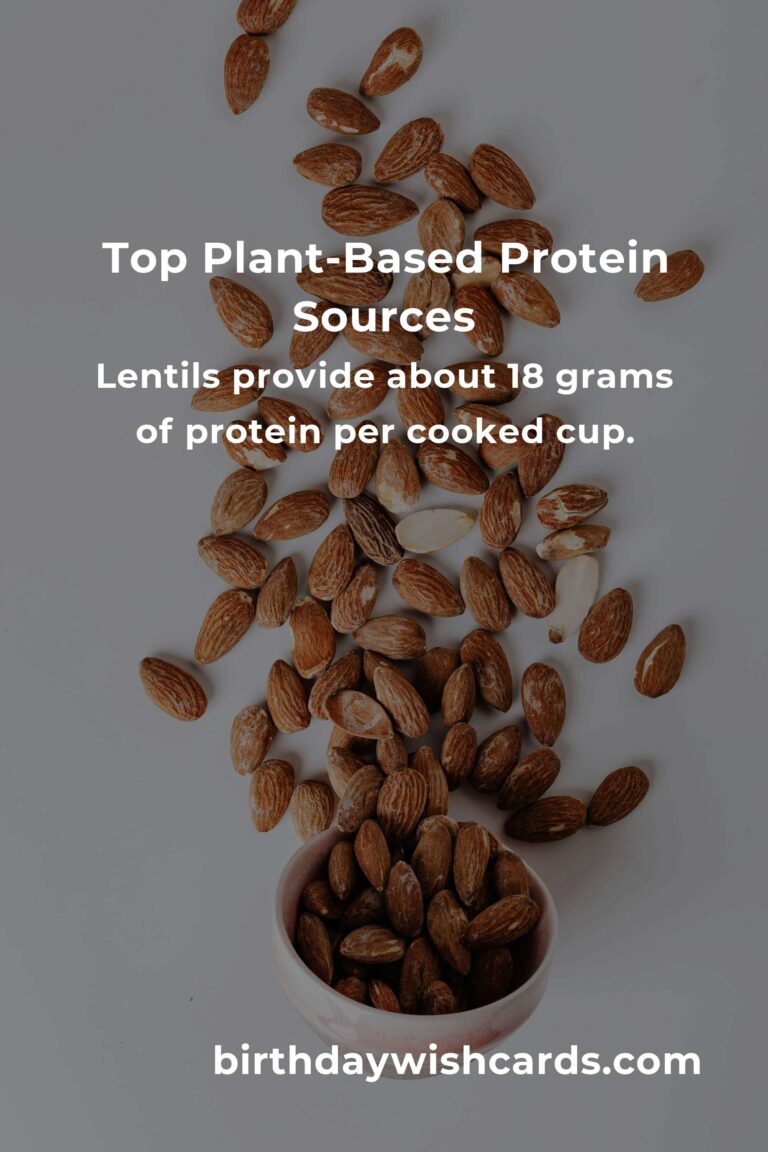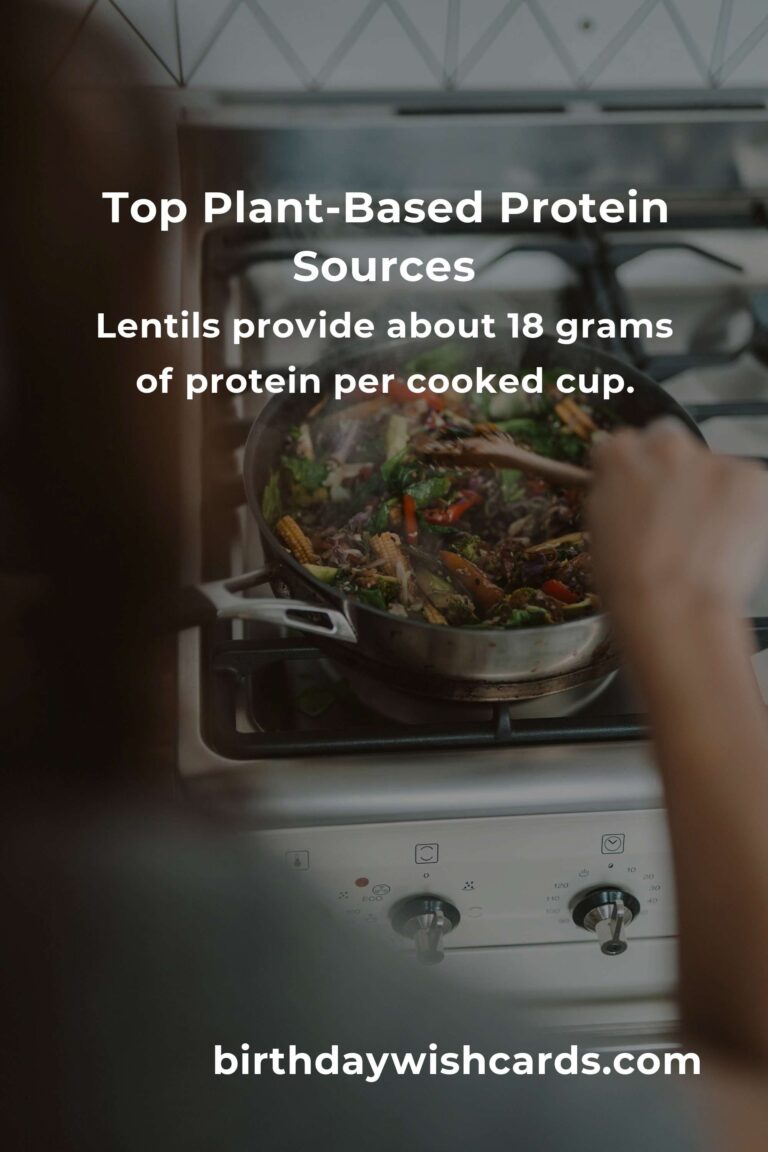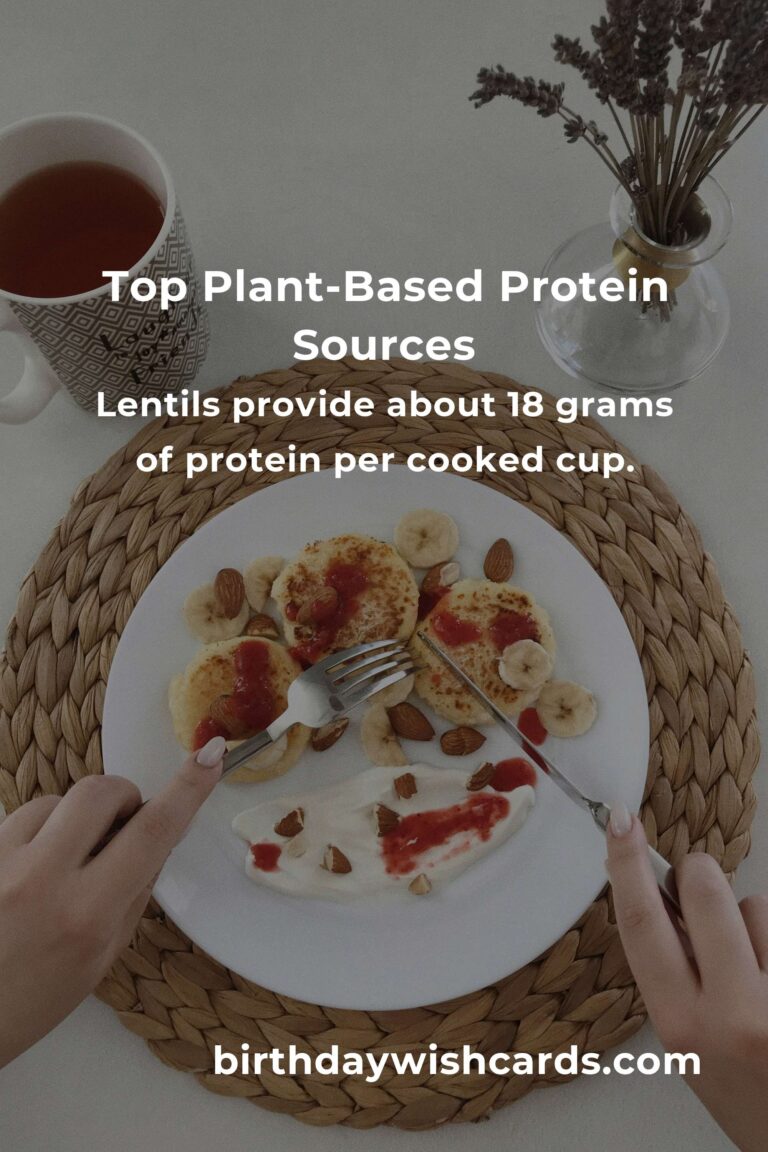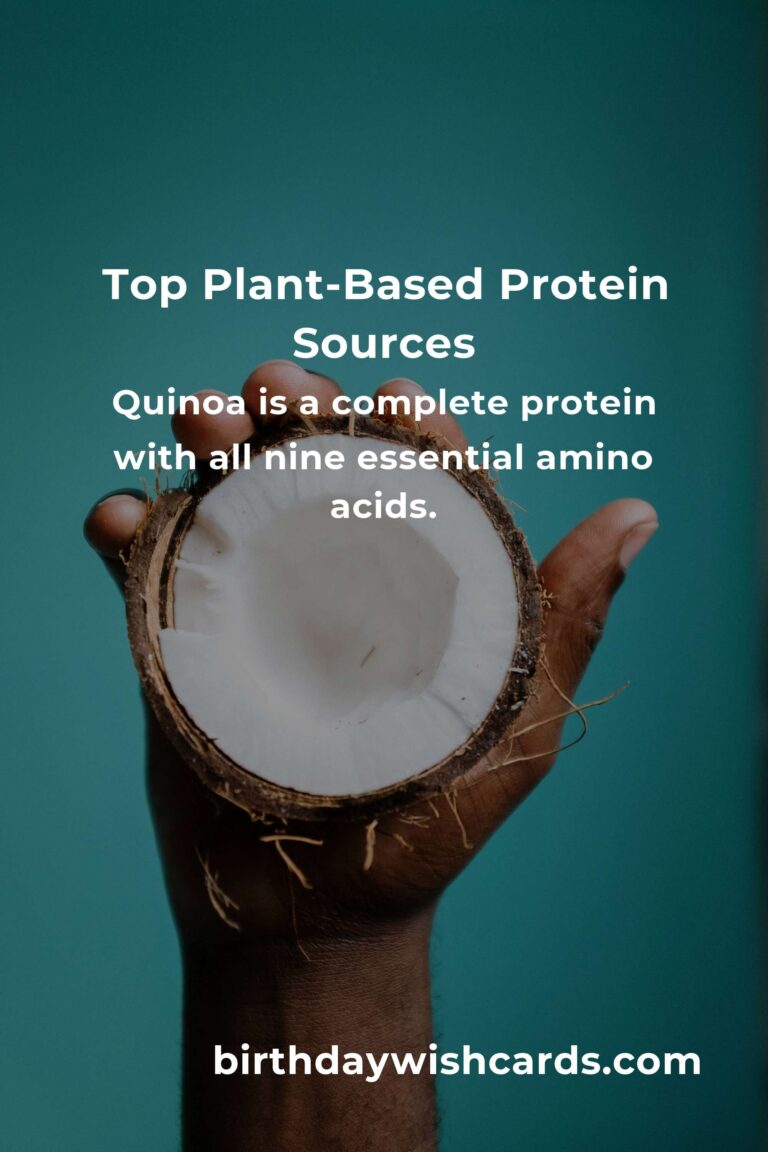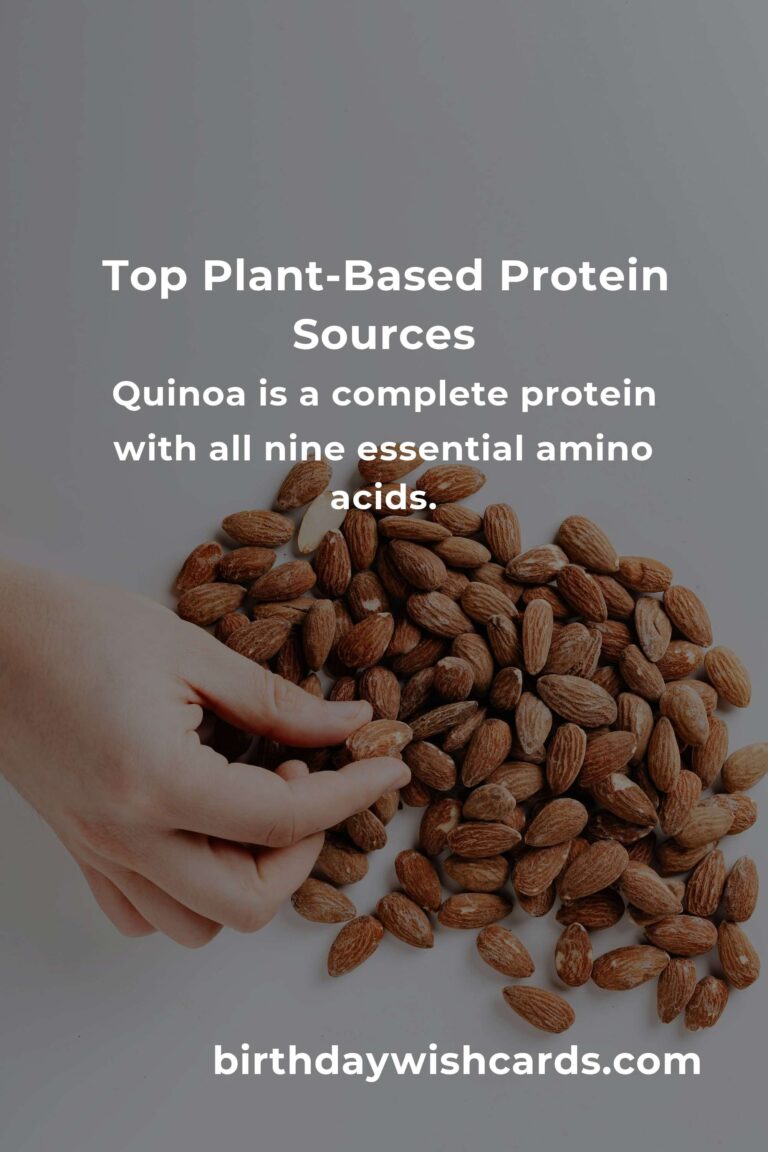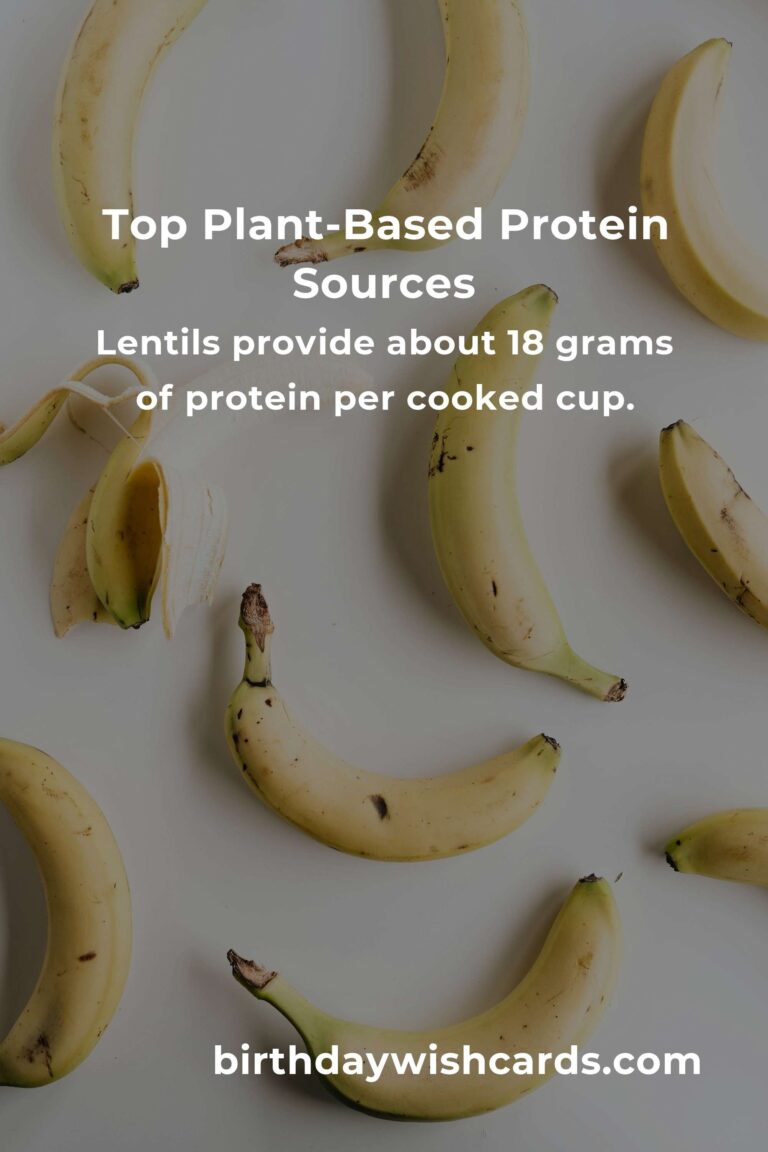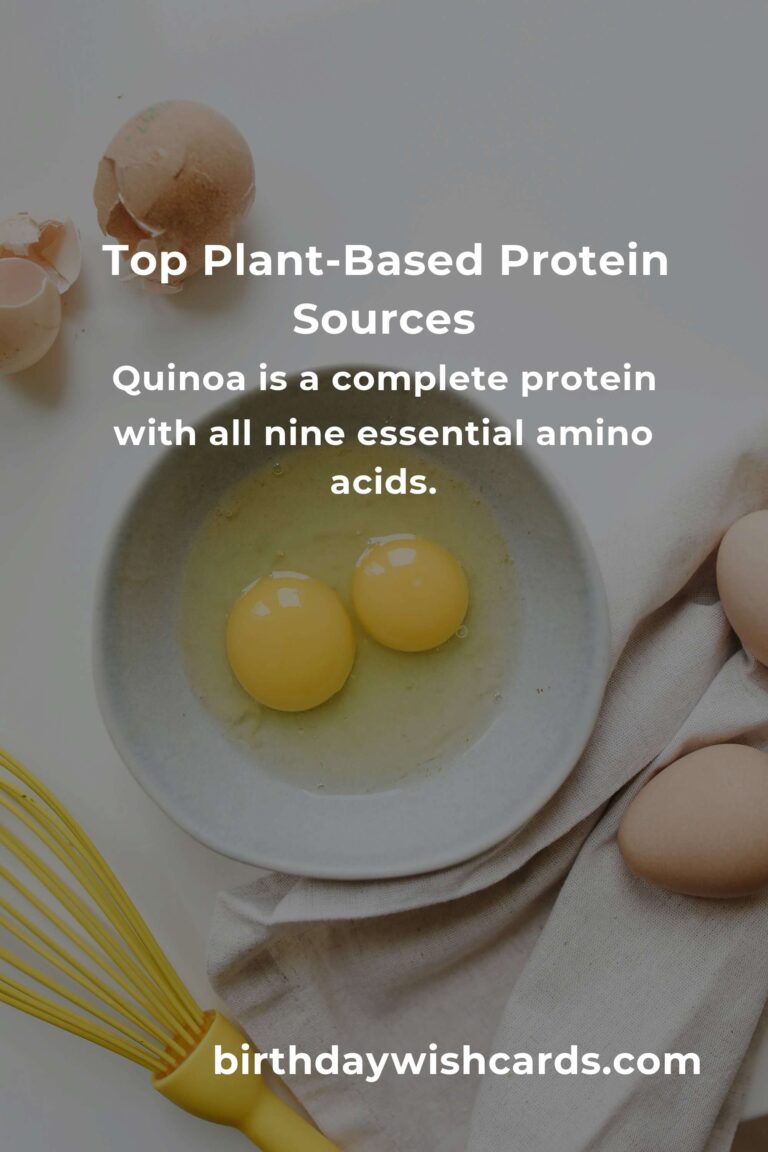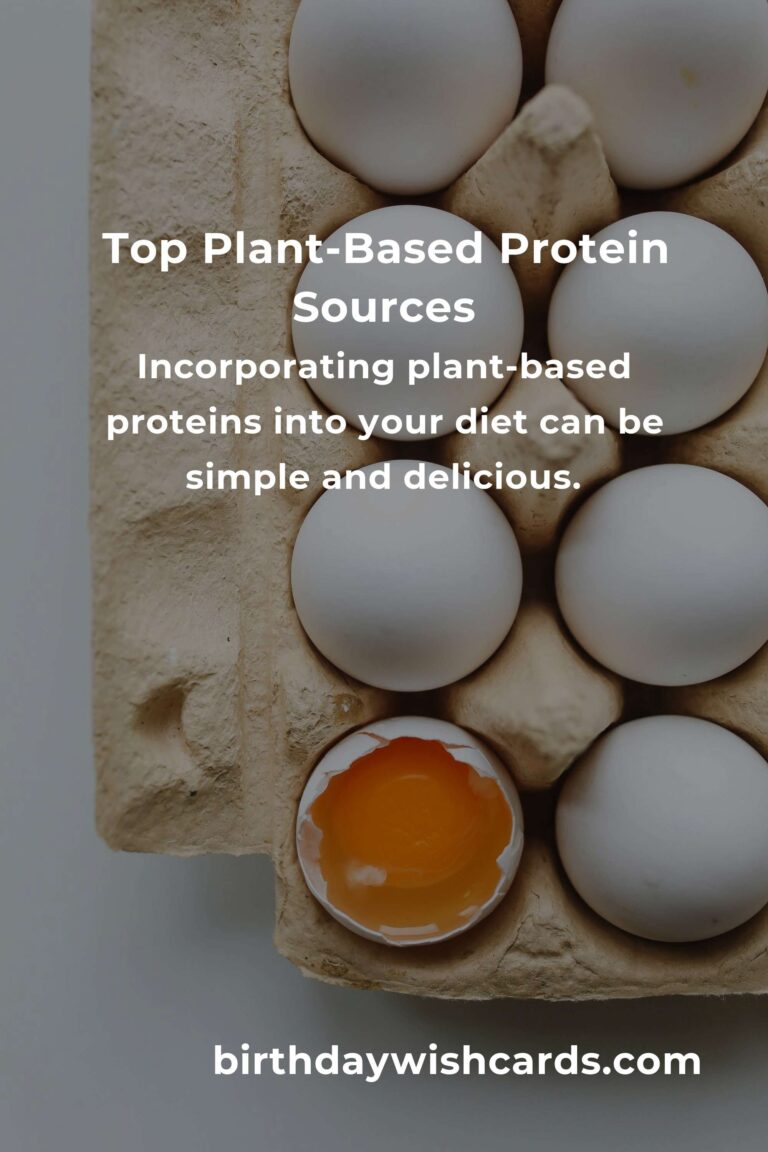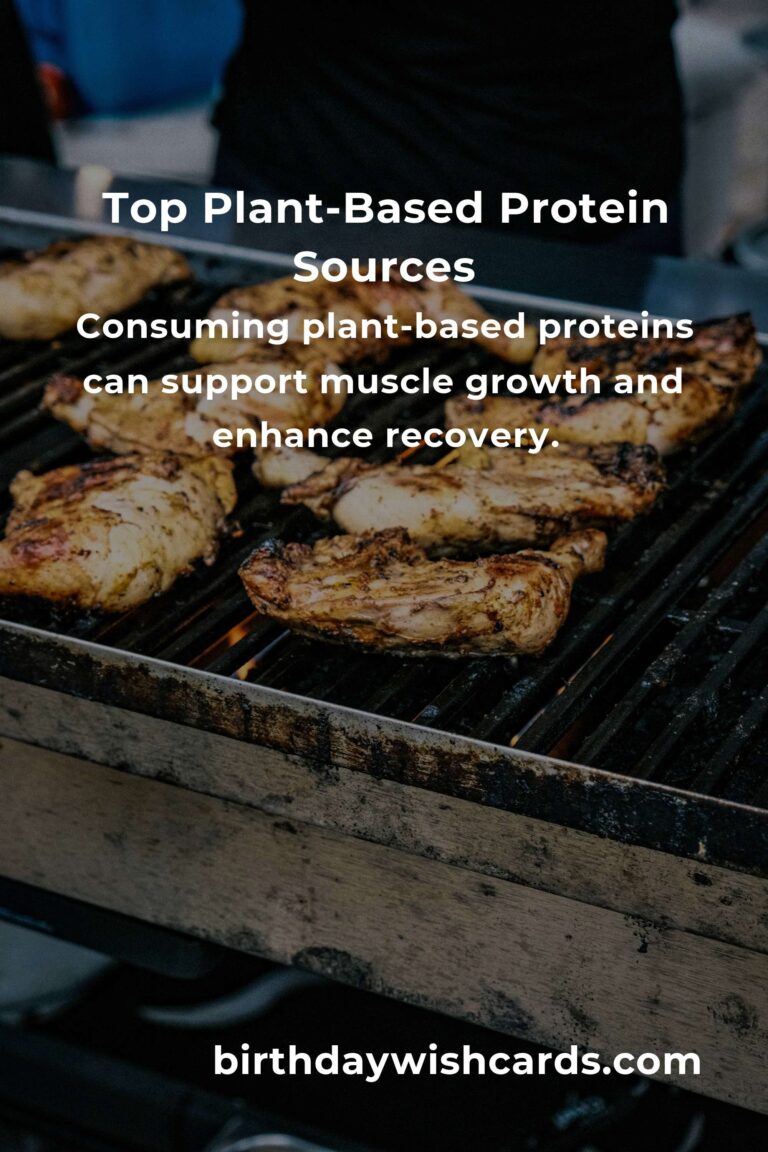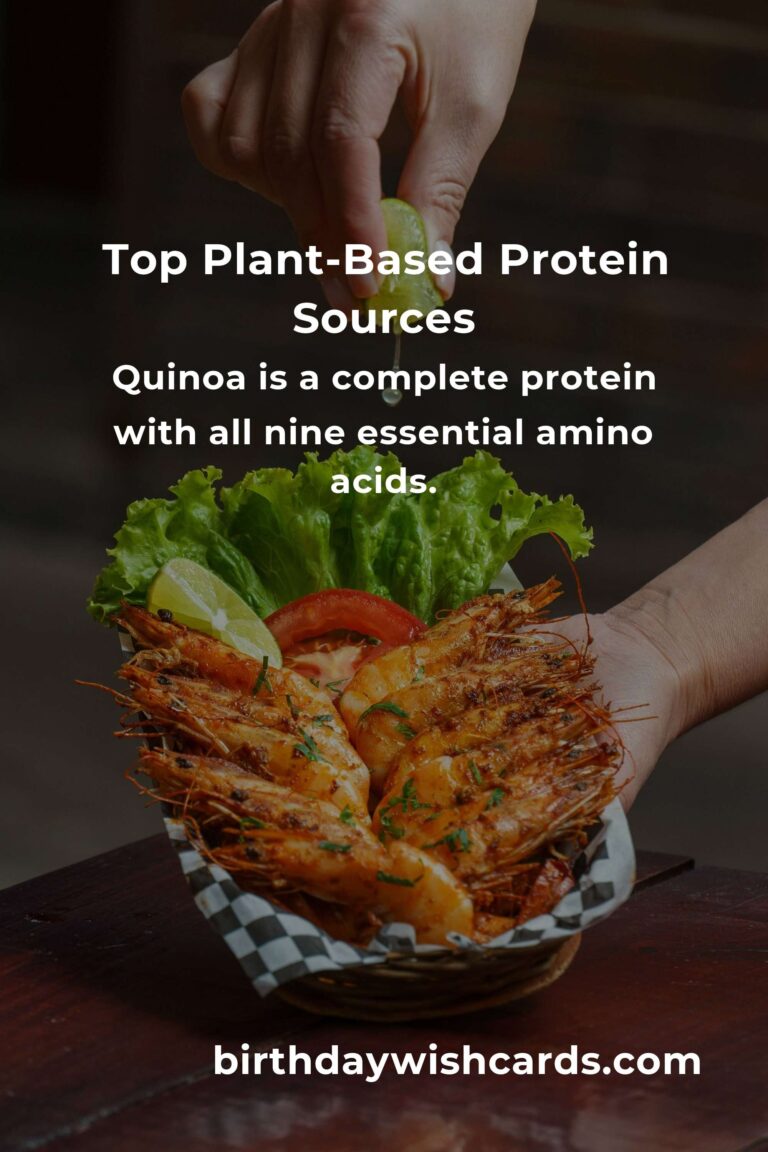
In recent years, there has been a growing interest in plant-based diets, particularly among fitness enthusiasts. As more people recognize the benefits of reducing animal-based products, the demand for plant-based protein sources has surged. This guide explores the best plant-based proteins and how they can support your fitness goals.
Why Choose Plant-Based Protein?
Plant-based proteins are an excellent choice for those looking to improve their health while supporting sustainable food practices. Unlike animal proteins, plant-based proteins are typically lower in saturated fats and cholesterol, reducing the risk of heart disease. Additionally, they are rich in fiber, vitamins, and minerals, offering a nutritional advantage.
Top Sources of Plant-Based Protein
1. Lentils
Lentils are a powerhouse of protein, providing about 18 grams per cooked cup. They are also rich in iron and fiber, making them an ideal choice for muscle recovery and digestive health.
2. Chickpeas
Chickpeas, or garbanzo beans, offer roughly 15 grams of protein per cooked cup. They are versatile and can be used in a variety of dishes, from salads to hummus.
3. Quinoa
Quinoa is a complete protein, containing all nine essential amino acids. It offers around 8 grams of protein per cooked cup and is also high in magnesium and fiber.
4. Tofu and Tempeh
Both tofu and tempeh are derived from soybeans and provide approximately 15-20 grams of protein per serving. They are excellent meat substitutes and can be used in a variety of dishes.
5. Chia Seeds
Chia seeds are a great source of protein, with about 5 grams per ounce. They are also high in omega-3 fatty acids, which are beneficial for heart health.
Incorporating Plant-Based Protein into Your Diet
Incorporating plant-based proteins into your diet can be simple and delicious. Start by replacing one animal protein meal per day with a plant-based option. Experiment with new recipes and ingredients to keep your meals exciting and nutritious.
Benefits of Plant-Based Protein for Fitness
Consuming plant-based proteins can support muscle growth, enhance recovery, and improve overall health. These proteins provide essential nutrients that are crucial for an active lifestyle, helping you achieve your fitness goals without compromising on nutrition.
Conclusion
The shift towards plant-based proteins offers numerous health benefits for fitness enthusiasts. By including a variety of plant-based protein sources in your diet, you can enjoy improved health, better performance, and a reduced environmental impact. Embrace the change and fuel your fitness journey with the power of plants.
Plant-based proteins are lower in saturated fats and cholesterol.
Lentils provide about 18 grams of protein per cooked cup.
Quinoa is a complete protein with all nine essential amino acids.
Incorporating plant-based proteins into your diet can be simple and delicious.
Consuming plant-based proteins can support muscle growth and enhance recovery.
#PlantBased #Protein #Fitness #HealthyLiving #Vegan


